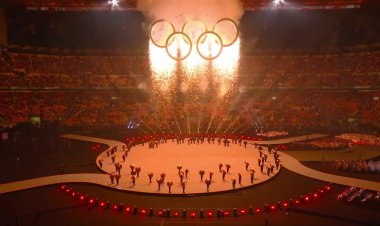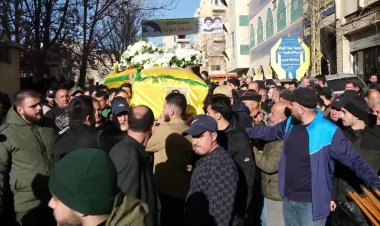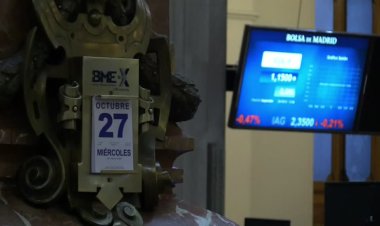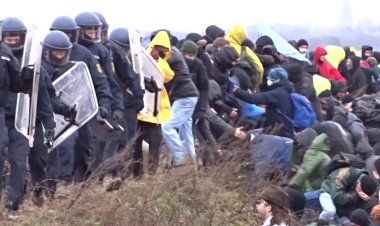Smoke rises over Beirut after Israeli strikes
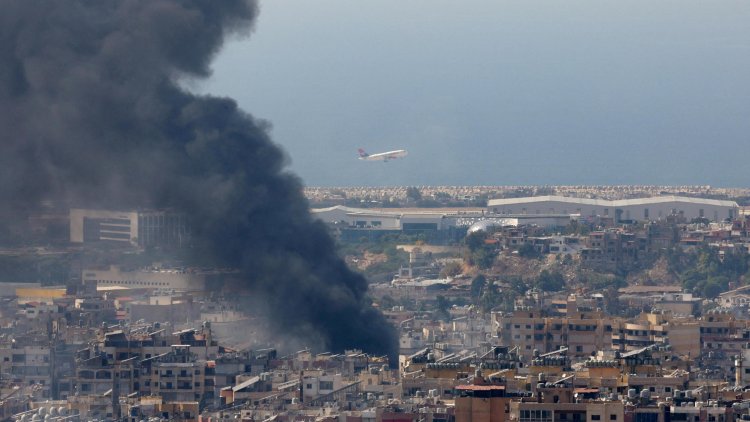
Smoke rose over Beirut's southern suburbs as seen from Sin El Fil, following overnight Israeli strikes in the city.
Smoke was seen rising over the city, as displaced families continued to seek shelter in makeshift tents on the side of the streets.
Overnight, Israel again bombed the city's southern suburbs and said it had killed a figure responsible for budgeting and logistics, Suhail Hussein Husseini.
The suburbs, once a densely-populated and thriving district, has been emptied of many of its residents by Israeli evacuation warnings. Many Lebanese draw parallels between the warnings and those seen in Gaza over the last year, prompting fears that Beirut could face the same scale of destruction.
Cross-border hostilities continue in the southern Lebanese town of Khiam. Several explosions were heard and smoke was rising, as seen from the town of Marjayoun.
The Israeli military said three of its troops were severely injured during combat in southern Lebanon. Sirens sounded in northern Israel after Israel renewed bombing of Beirut's southern suburbs, a Hezbollah stronghold, overnight.
An Israeli military spokesperson declined to say how many troops were in Lebanon but the military has announced four divisions are operating on the border, meaning that thousands of soldiers are deployed.
The Israeli military spokesperson, rear admiral Daniel Hagari said in a televised statement said "We struck the intelligence compound in Beirut in al- Dahieh neighborhood, this is the command center of the head of intelligence, Abu Abdullah Murtada, and we know that Hashem Safieddine was with him, the results of these strikes are being checked, Hezbollah is trying to conceal information, we will know and update the public."
The conflict in Lebanon has escalated dramatically in recent weeks as Israel has carried out a string of assassinations of top Hezbollah leaders and launched ground operations into southern Lebanon that expanded further this week.





